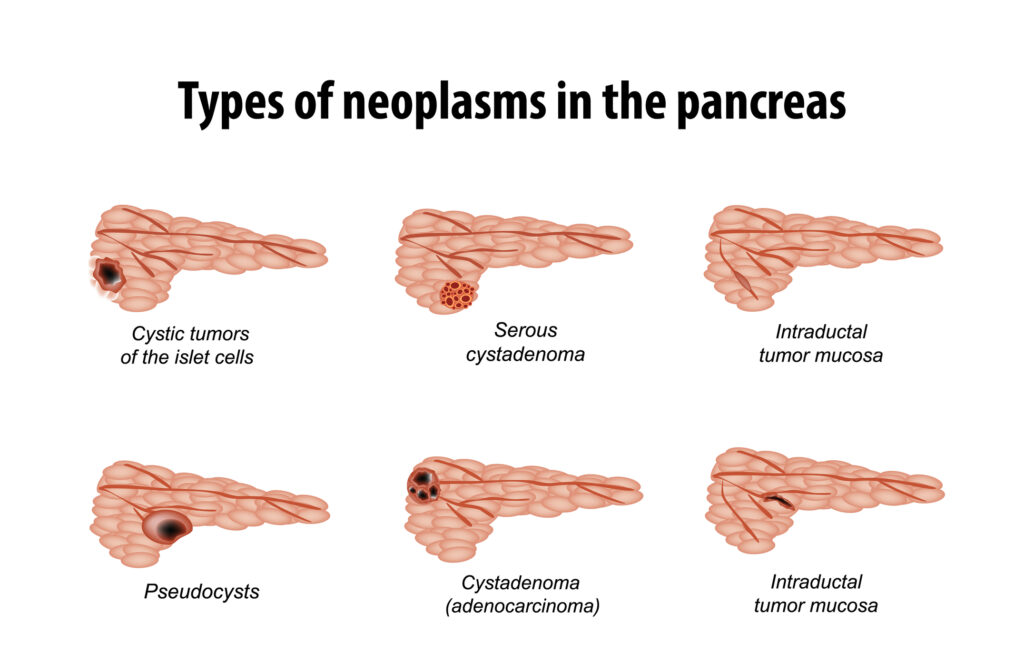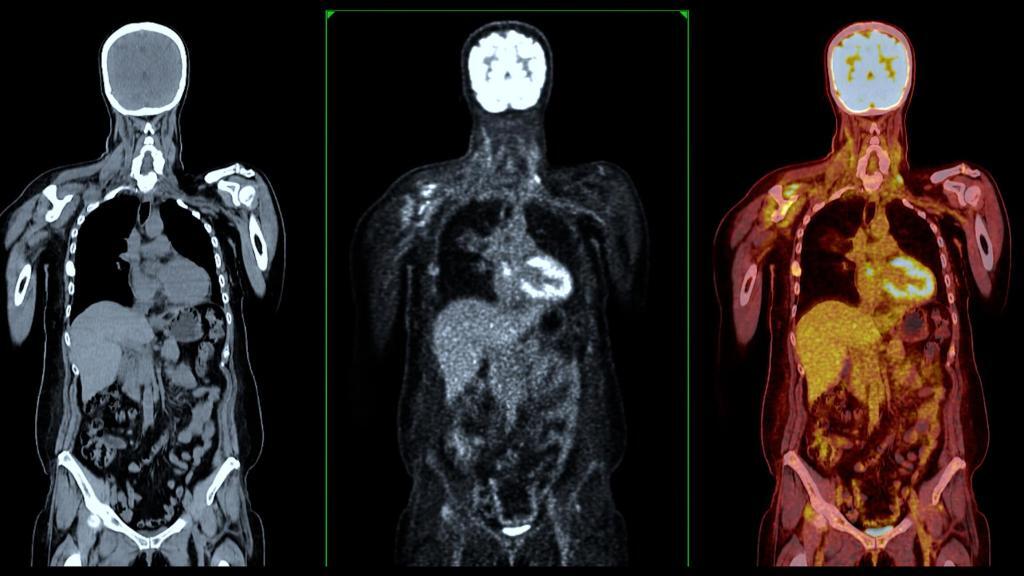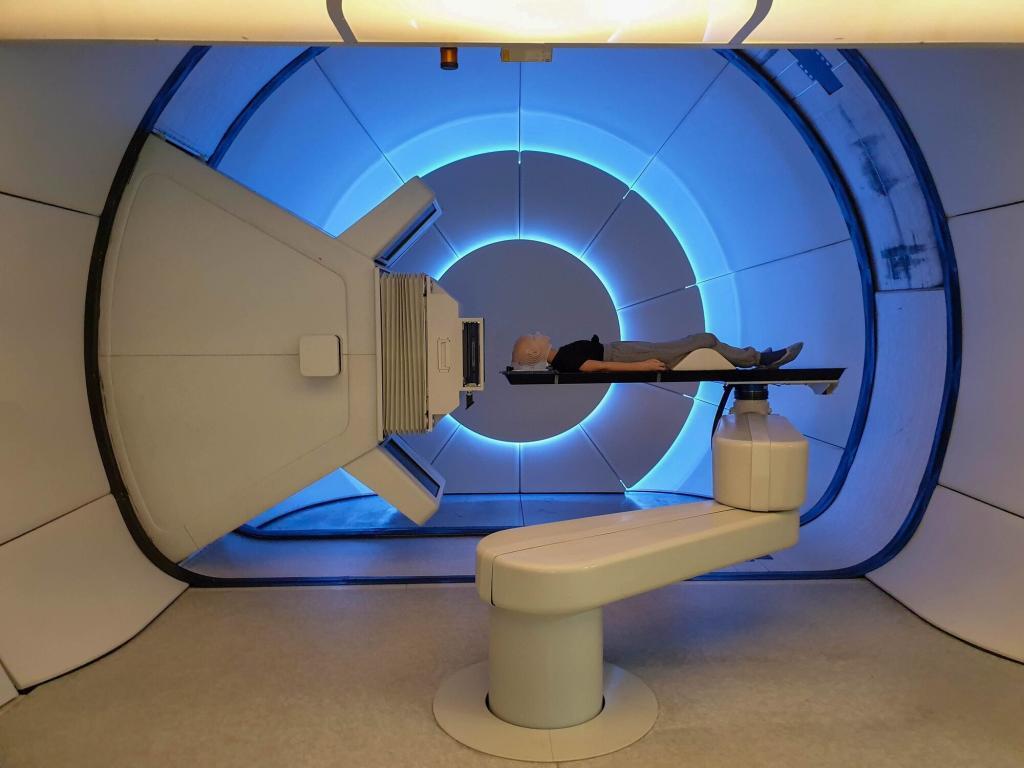Prostate Cancer
Prostate Cancer is a primary cause of cancer deaths for men in the US in 2019, there were 174,650 men diagnosed with prostate cancer, according to the National Institute of Cancer. In the UK in 2017, Cancer Research reported about 48,600 new prostate cancer cases, representing 26% of all new cancer cases in males.
Various approaches exist for the treatment of prostate cancer: these include surgery, radiation therapy, proton therapy, cryotherapy, hormone therapy and chemotherapy. The external beam radiation therapy (EBRT) technique for this type of cancer delivers radiation by using photons, electrons and heavy particles such as carbon ions, neutrons and protons.
Multileaf collimators can shape the proton beam to conform to the target and limit the dose to surrounding healthy tissue. This approach would allow significant radiation dose to increase at the prostate cancer site. The next breakthrough in radiation therapy was intensity-modulated radiation therapy (IMRT), the most advanced method for delivering photon-based external beam radiation therapy (EBRT).
Hence, intensity-modulated radiation therapy (IMRT) employs computer algorithms to calculate the correct radiation dose for a specific target. This dose distribution is optimised by changing the beam’s intensity across the designated volume by splitting the beam into several smaller beamlets.
Consequently, each beamlet with variable intensity conforms to the irregular shape of the target and allows the surrounding healthy organs to be spared from unnecessary radiation.
The advancements in medical guidance systems, such as imaging equipment attached to the linear accelerator, have helped to deliver radiation more accurately to the prostate. These radiation therapy techniques have considerably decreased the ambiguity in target localisation and, consequently, the accuracy in the treatment of prostate cancer.
You are here:
home » prostate cancer



















